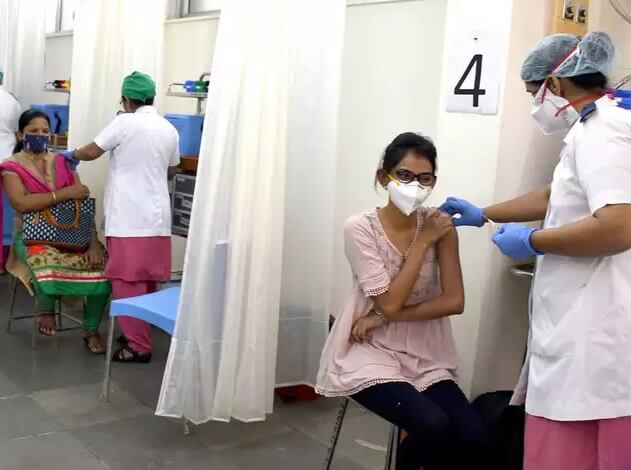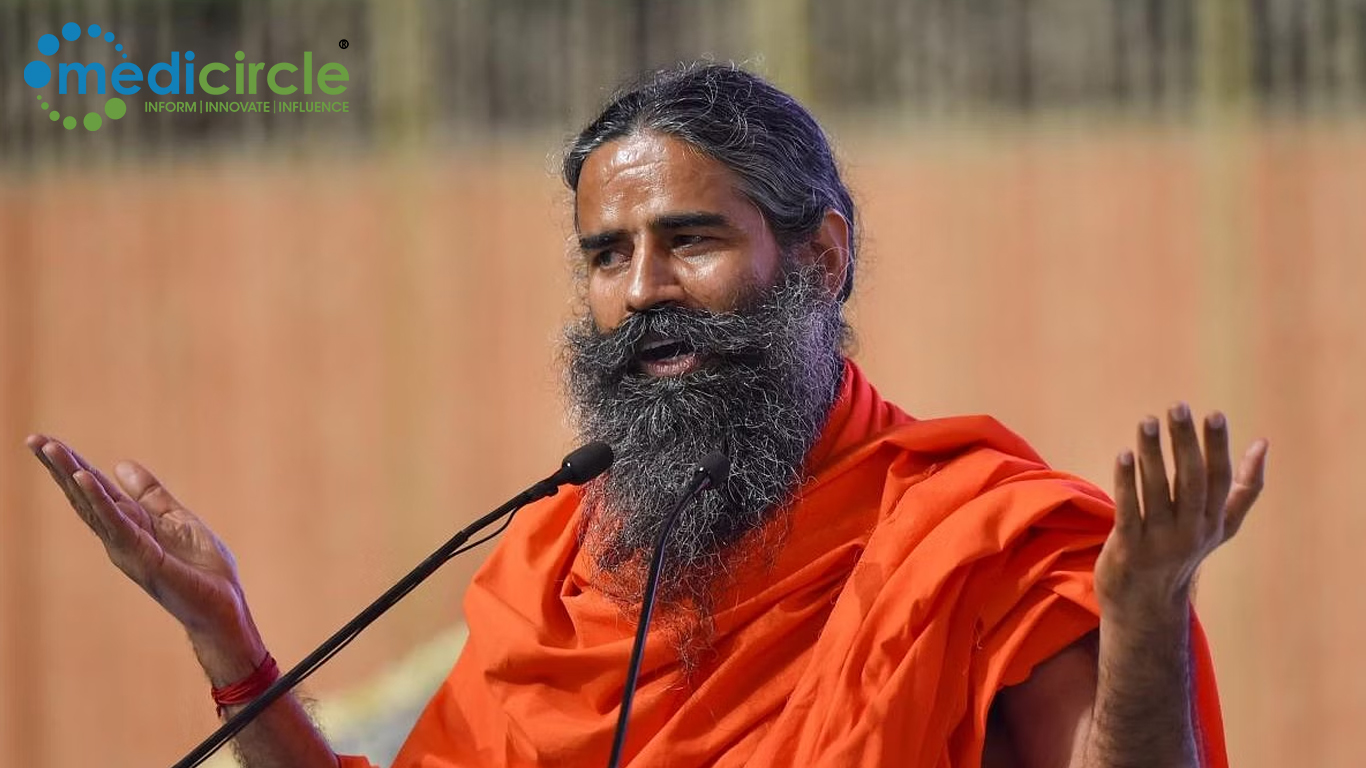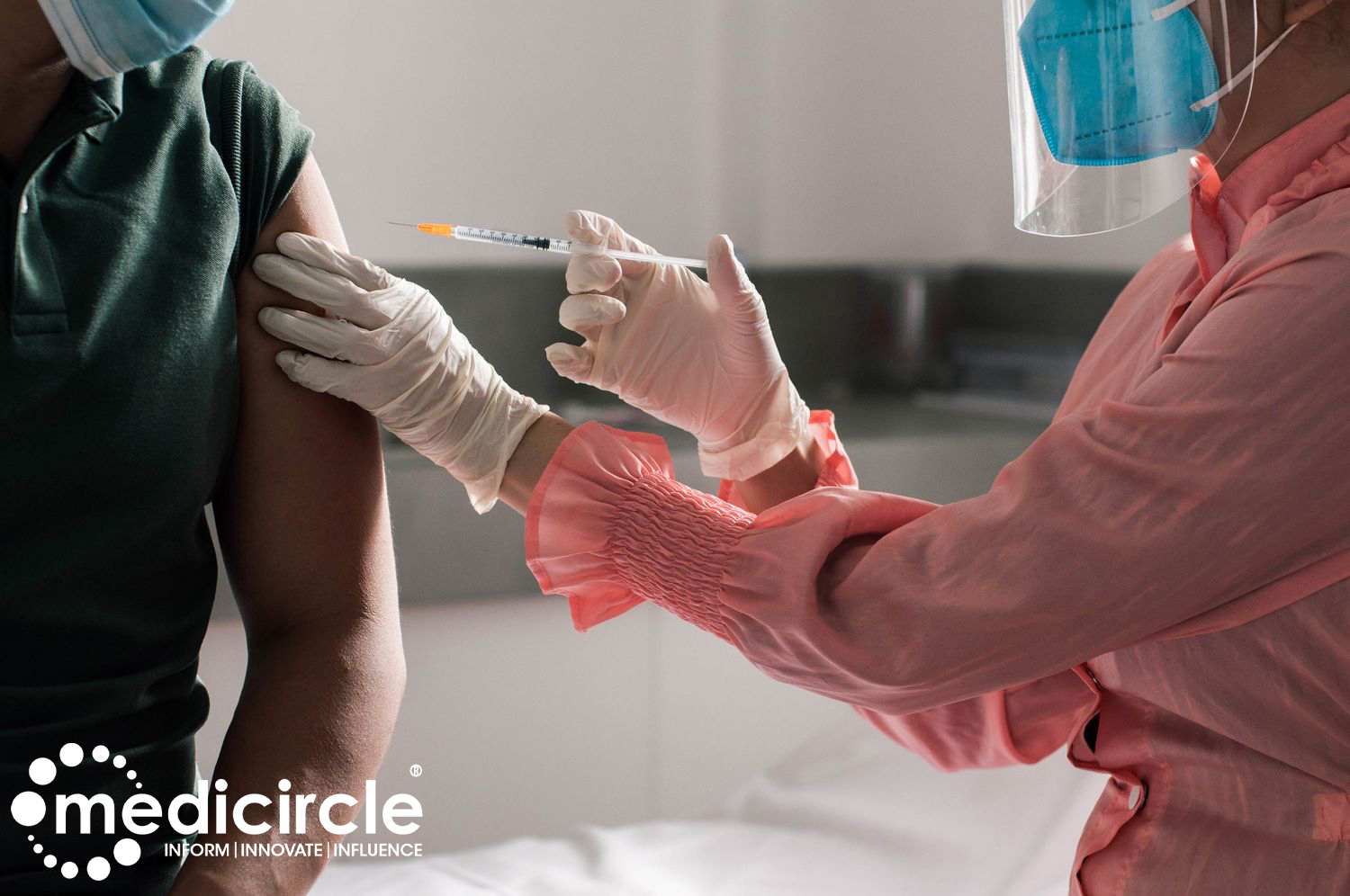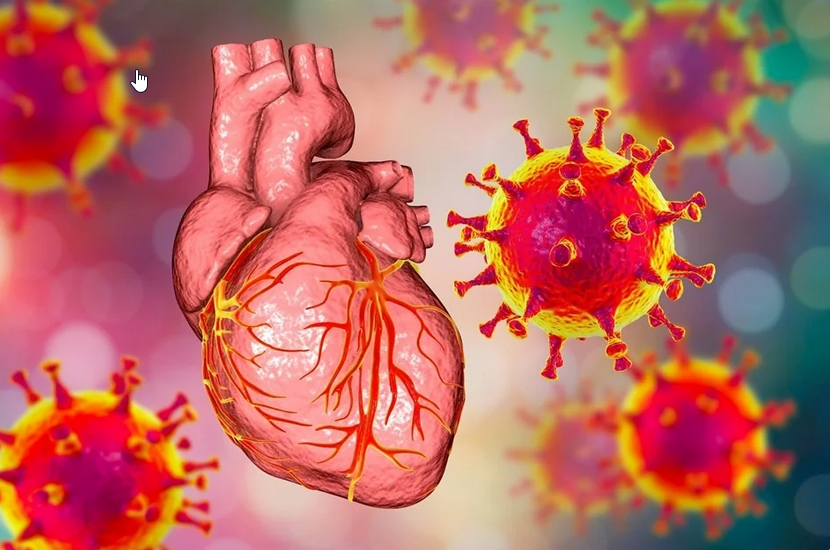COVID-19 vaccines administered in rural areas came to 63.68 percent of the total vaccinations done on Monday (June 21, 2021), the first day when the revised vaccination guidelines came into force.
Out of total vaccine doses administered on the day, 56.09 lakh vaccines were given from rural vaccination centres, while the urban areas recorded vaccination of 31.9 lakh people.
Addressing the COVID-19 media briefing in New Delhi on Tuesday, Dr. V.K. Paul, Member (Health), NITI Aayog informed that particular emphasis has been given on rural coverage of vaccination. “The rural coverage is intense and in a good proportion. The vaccination numbers from Monday (June 21, 2021) were almost in proportion to the rural-urban population division in the country. It proves that it is possible to take the vaccination drive to the rural and remote areas.”
Full vaccination coverage in rural areas is possible
Dr Paul further informed that 71 percent of the vaccination centres are in rural areas, and consistently, more than half of the total vaccinations carried out in the last few weeks were in the rural areas. “With the increase in use of IT system, educating people about the use of vaccination and with people accepting it, with more vaccines being taken to the rural areas, we are getting more confidence and hope that covering rural areas entirely will be possible.” He also noted that no glitches were seen in the CoWIN platform while administering such a huge number of vaccine doses (88.09 lakh) on Monday.
Dr Paul further noted that Government centres have played a big role in the new vaccination drive. “92 percent vaccine doses were administered from government centres on June 21, 2021. This sets an example about the strength, resilience and reach of our public healthcare system.” The experiences of implementing universal immunization programmes have been critical in the COVID-19 vaccination drive, he added.
Need to inspire more women to get vaccinated
Dr. Paul noted that 46 percent of those who received vaccine yesterday were women, while around 53 percent were men. “We need to rectify this gender imbalance in all places where it exists. We need to bring more women forward for getting vaccinated.

 India Vaccine drive latest news
India Vaccine drive latest news






.png)
.png)












.jpeg)


.jpeg)



.jpeg)
.jpeg)






.jpeg)





